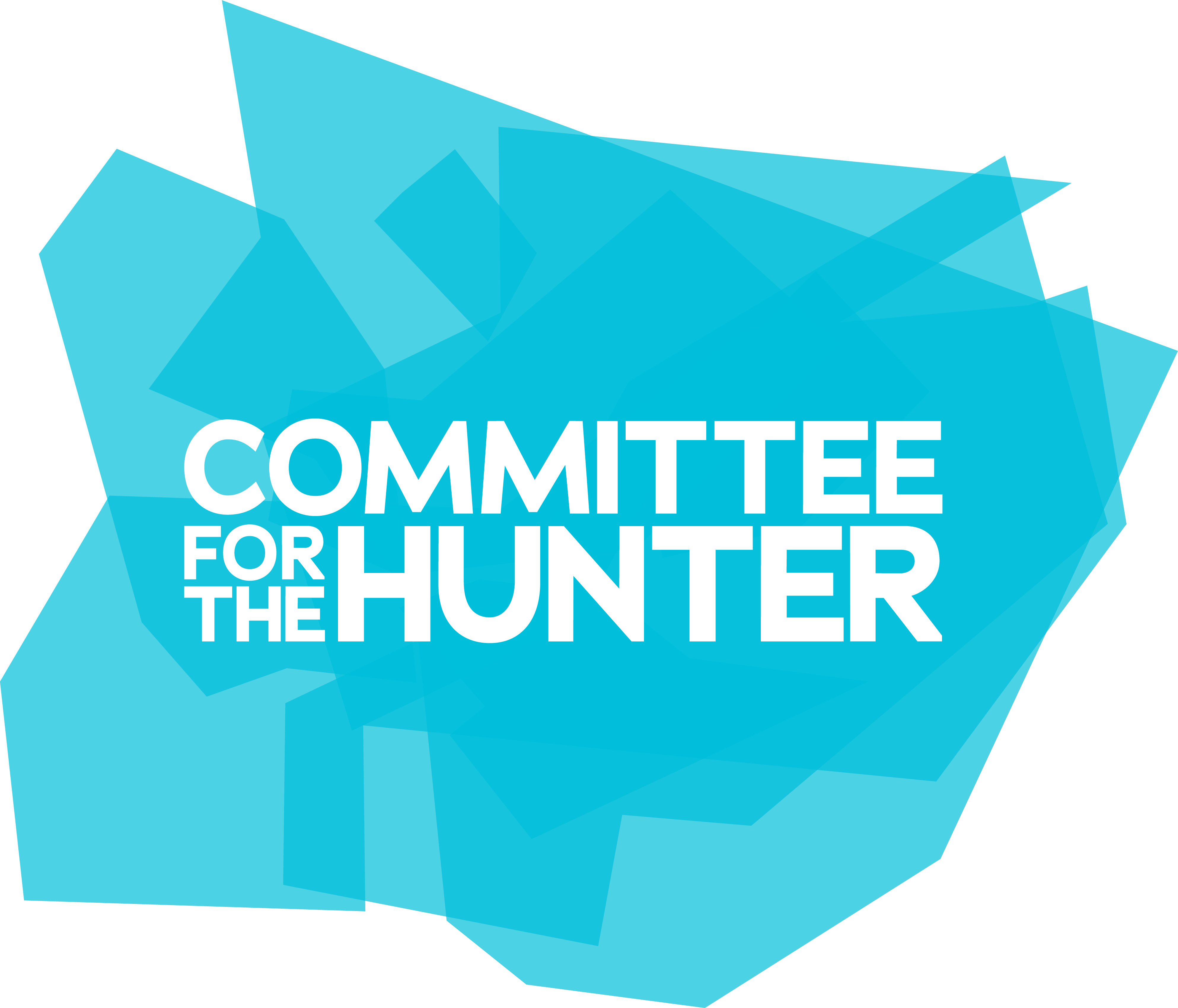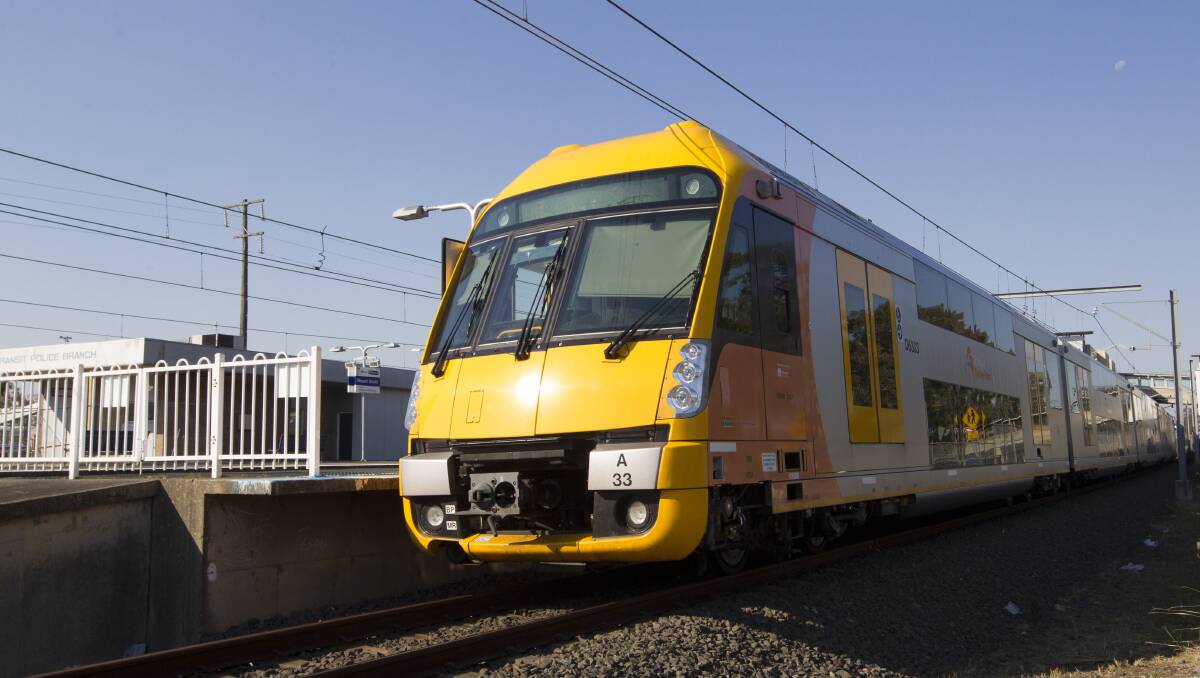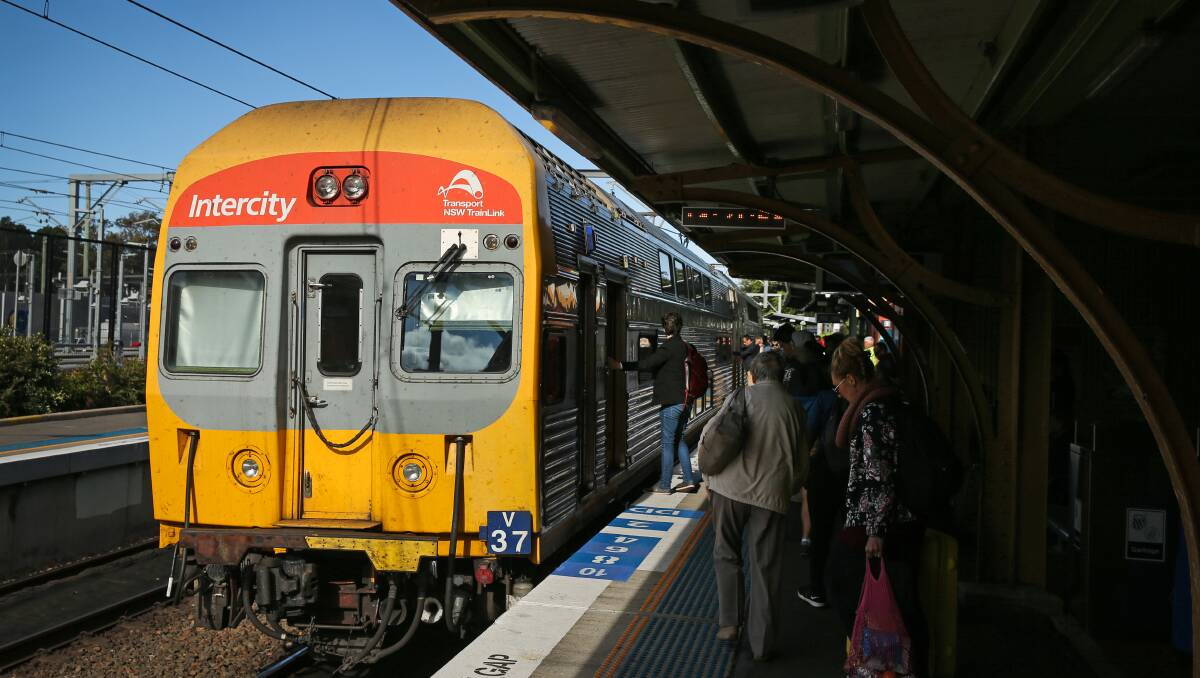Newcastle Herald, by Matthew Kelly
Commuter and business groups have welcomed a $1 billion project to reduce train travel times between Sydney and Newcastle, but are uncertain about how much time will end up being shaved off the trip.
The project, which is estimated will support 4560 direct and indirect jobs, will involve the construction of two new tracks and bridges. It will effectively double the capacity of the existing alignment.
Central Coast Commuters Association President Eddie Ellis said he was sceptical about the potential for the project to reduce travel times.
“Let’s just say it’s a start, but, to be honest, I don’t think it will make much difference,” he said.
Mr Ellis said it was difficult to say how much time the upgrade would potentially save commuters.
“When Gladys (Berejiklian) was transport minister she said she would investigate the cost of reducing travel times by 30 minutes and also by an hour. We never saw anything come of it,” he said.
“You have to wonder about all this ($1 billion) money. Before the last budget they said we were getting $30 million for a commuter car park at Gosford and we haven’t seen a cent of it yet.”
Committee for the Hunter chief executive Alice Thompson said the faster rail commitment was an important first step towards improved travel times, but it needed to occur with a plan to progress high-speed rail.
“Better rail along this corridor is central to the Committee’s plan for 45,000 new jobs in a diverse range of sectors over the next decade. We have called for a commitment to high-speed rail while getting on with upgrades to improve services and reduce travel times in the short term,” Ms Thompson said.
“Improvements to rail will strengthen the Hunter’s role as the northern anchor in the Sydney global megaregion – the largest and most exciting growth corridor in the nation.”
Business Hunter chief executive Bob Hawes said the faster rail project needed to realise a number of key performance indicators if it was to be deemed a worthwhile expenditure of taxpayers’ dollars.
“Improving and quickening the travel experience for business commuters must be the key indicators of successful investment by any government, in any budget,” Mr Hawes said.
“Business Hunter has been meeting with federal members and candidates over the past few months and delivering a really simple message – cut travel times by at least 45 minutes; but importantly, build Wi-Fi connectivity into all interregional commuter trains immediately, so that commuters can get on with business during what is currently a three-hour commute.
Tuesday’s budget will also include $12million for improvements to John Renshaw Drive between Beresfield and Black Hill.


